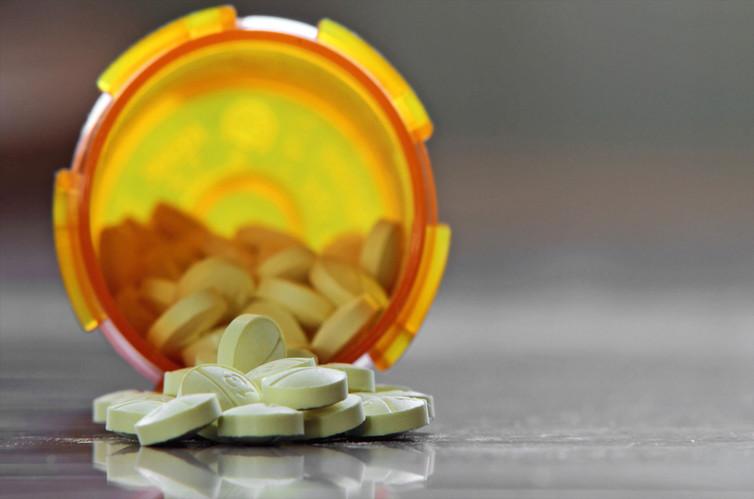Cancer and depression drugs could be ‘repurposed’ to cure dementia, study finds
Results in mice could now pave the way for clinical trials in humans

Your support helps us to tell the story
This election is still a dead heat, according to most polls. In a fight with such wafer-thin margins, we need reporters on the ground talking to the people Trump and Harris are courting. Your support allows us to keep sending journalists to the story.
The Independent is trusted by 27 million Americans from across the entire political spectrum every month. Unlike many other quality news outlets, we choose not to lock you out of our reporting and analysis with paywalls. But quality journalism must still be paid for.
Help us keep bring these critical stories to light. Your support makes all the difference.
A new study has sparked fresh hope for dementia sufferers after two existing drugs were found to help reduce the impact of degenerative brain diseases in mice.
Researchers found drugs originally designed to treat depression and cancer could be “repurposed”, reducing brain shrinkage and restoring protein production.
The study, published in Brain: a journal of neurology, could now pave the way for a clinical trial in humans to see if the results could be replicated.
“The two drugs were markedly neuroprotective in both prion-diseased and FTD mice at clinically relevant doses over a sustained treatment period,” the authors wrote.
“These drugs therefore represent an important step forward in the pursuit of disease-modifying treatments for Alzheimer’s and related disorders.”
Dr Doug Brown, Alzheimer's Society’s research and development director said the charity will be funding researchers to test the drugs in models of Alzheimer’s.
“We’re excited by the potential of these findings. They show that a treatment approach originally discovered while researching prion disease might also work to prevent the death of brain cells in some forms of dementia,” he said.
“This research is at a very early stage and has not yet been tested in people - but as one of the drugs is already available as a treatment for depression, the time taken to get from the lab to the pharmacy could be dramatically reduced.”
Subscribe to Independent Premium to bookmark this article
Want to bookmark your favourite articles and stories to read or reference later? Start your Independent Premium subscription today.
Join our commenting forum
Join thought-provoking conversations, follow other Independent readers and see their replies
Comments